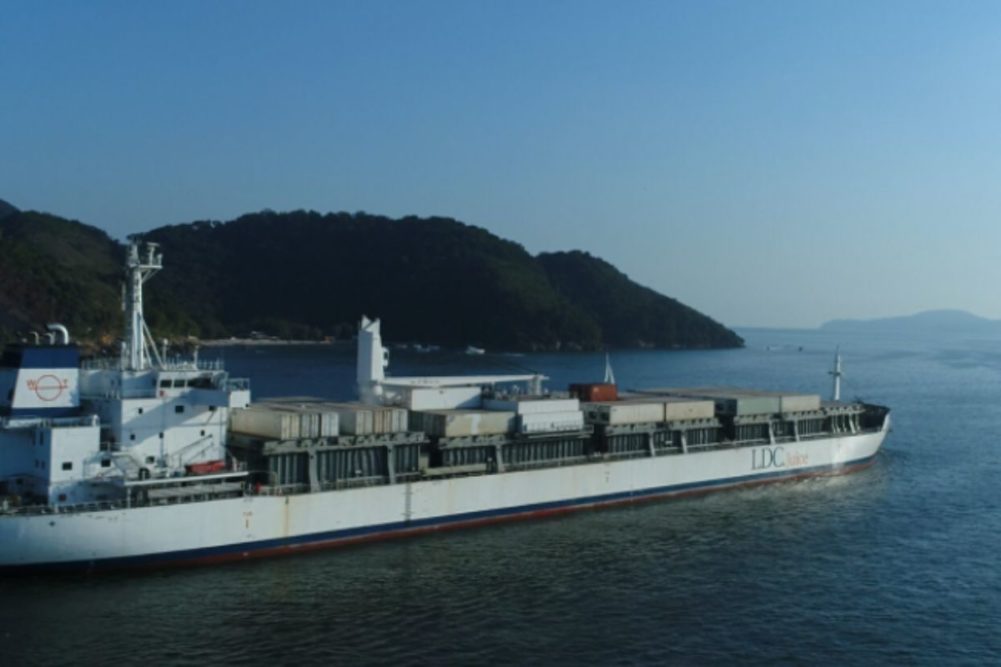ROTTERDAM, NETHERLANDS — Using a B30 biofuel-blended marine fuel for the first time, Louis Dreyfus Company (LDC) successfully completed a biofuel trial collaboration with Wisby Tankers AB, Sweden, on one of LDC’s upgraded juice vessels, MV Essayra, LDC announced April 29.
The company used a B30 biofuel-blended marine fuel to sail its vessel from LDC’s terminal in Ghent, Belgium, to LDC’s other terminal in Santos, Brazil, and back again with a full cargo of not-from-concentrate and frozen concentrated orange juices, over 55 days.
“As part of LDC’s journey to help shape a net-zero economy, we are committed to contributing to shipping industry decarbonization through a range of actions and initiatives – including to explore alternative fuel solutions,” said Sébastien Landerretche, global head of freight for LDC. “Result of the coordination between LDC’s Carbon Solutions, Freight and Juice platforms, as well as Wisby Tanker, this successful first trial reflects LDC’s ambition and know-how in the field, and our collaborative approach to tackling the industry’s energy transition.”
Tests were conducted throughout the vessel’s voyage to measure the impact of the B30 biofuel blend on the ship’s fuel system and overall performance. The results show that B30 is a practical, cleaner substitute to traditional very low sulphur fuel oil (VLSFO), reducing voyage greenhouse gas (GHG) emissions by about 24%, or 723 tons of CO2 equivalent (tCO2e).
LDC compensated the remaining 76% of GHG emissions of the voyage through carbon credits sourced through its dedicated Carbon Solutions Platform, making this marine shipment the first carbon neutral orange juice shipment globally.
In addition to this biofuel trial, LDC is working on a variety of shipping decarbonization projects, using technologies such as wind-assisted propulsion, solar, batteries and air lubrication.






